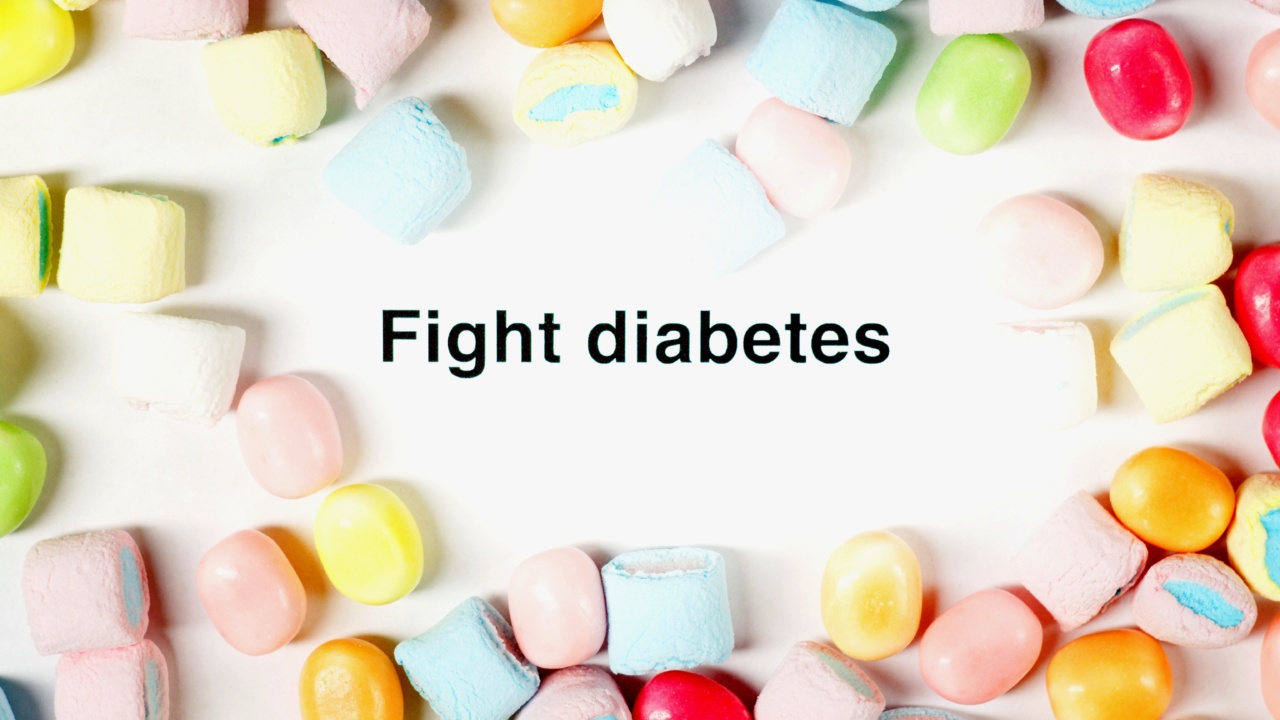Gastroesophageal reflux disease (GERD), commonly known as acid reflux or heartburn, affects millions of people worldwide. It is a chronic condition where stomach acid flows back into the esophagus, causing a range of uncomfortable symptoms.
While medication plays a vital role in managing GERD, an often overlooked aspect is the role of food as medicine.
Understanding GERD
GERD occurs when the lower esophageal sphincter (LES), a muscle that acts as a barrier between the stomach and esophagus, becomes weak or relaxes inappropriately.
This allows stomach acid to flow upward into the esophagus, leading to symptoms such as heartburn, regurgitation, and difficulty swallowing.
Aside from medications that reduce acid production or protect the esophageal lining, making dietary changes can significantly improve symptoms and help maintain a healthy digestive system.
The Pharmacist’s Role in GERD Management
Pharmacists are not solely responsible for dispensing medications. They also play an essential role in educating patients about lifestyle modifications, including the impact of diet on GERD.
By providing expert advice, your pharmacist can help guide you towards using food as a form of medicine to alleviate GERD symptoms.
Understanding the Role of Diet
The food you eat can either contribute to GERD symptoms or help you manage them effectively. Adopting a GERD-friendly diet involves making choices that reduce acid reflux by soothing the esophageal lining while curbing excess acid production.
Here are some key dietary considerations:.
1. Include Non-Acidic Fruits and Vegetables
Non-acidic fruits such as bananas, melons, and apples can help balance the acidity in your stomach. Vegetables like leafy greens, broccoli, and cauliflower also have low acid levels and aid digestion.
2. Opt for Lean Proteins
Foods rich in protein are essential for maintaining overall health. However, it is important to choose lean sources of protein like chicken, fish, and tofu rather than fatty meats that can trigger reflux symptoms.
3. Whole Grains and High-Fiber Foods
Whole grains and high-fiber foods like oatmeal, brown rice, and quinoa help regulate digestion and prevent constipation, a common trigger for GERD symptoms. These foods also provide a feeling of fullness, preventing overeating.
4. Low-Fat Dairy Products
While whole milk and high-fat dairy products can exacerbate symptoms, low-fat yogurt, cheese, and skim milk can be included in a GERD-friendly diet. These products help reduce acid reflux and provide valuable nutrients.
5. Herbal Tea and Water
Staying hydrated is crucial for maintaining digestive health. Drinking enough water and opting for herbal teas like chamomile and ginger can soothe the digestive tract and reduce GERD symptoms.
6. Avoid Trigger Foods
Certain foods and beverages are known to aggravate acid reflux symptoms. Examples include spicy foods, caffeine, carbonated drinks, citrus fruits, tomatoes, onions, mint, and chocolate.
Identifying and avoiding your personal trigger foods is crucial in managing GERD symptoms effectively.
Lifestyle Modifications for GERD
In addition to dietary adjustments, certain lifestyle modifications can further enhance the effectiveness of food as medicine for GERD:.
1. Eat Smaller, More Frequent Meals
Instead of consuming large meals, opt for smaller, more frequent meals throughout the day. This reduces the pressure on your LES and helps prevent stomach acid from flowing back into the esophagus.
2. Maintain Good Posture
Sitting or standing upright while eating promotes proper digestion and prevents acid reflux. Avoid lying down immediately after a meal to allow gravity to assist in keeping stomach acid where it belongs.
3. Avoid Eating Before Bedtime
Give yourself ample time to digest your food before lying down. Eating too close to bedtime can lead to nighttime acid reflux symptoms. Aim to finish your last meal or snack at least two to three hours before going to bed.
4. Manage Stress
Stress and anxiety can worsen symptoms of GERD. Engage in activities that help you relax and manage stress, such as exercise, meditation, and deep breathing exercises.
5. Maintain a Healthy Weight
Excess weight can put pressure on the stomach, contributing to acid reflux. By maintaining a healthy weight through regular exercise and a balanced diet, you can reduce the frequency and severity of GERD symptoms.
6. Quit Smoking
Smoking not only increases the risk of developing GERD but also worsens existing symptoms. Consult with your pharmacist or healthcare professional for guidance and support in quitting smoking.
Working with Your Pharmacist
Your pharmacist can provide personalized advice tailored to your specific needs. They can help you identify trigger foods, suggest alternatives, and give recommendations on over-the-counter medications that may provide relief.
Always consult with your pharmacist or healthcare professional before making any significant changes to your diet or treatment plan. They will ensure that any modifications are appropriate and complement your prescribed medications.
Conclusion
Food can be a powerful form of medicine when managing GERD. By working closely with your pharmacist, you can gain valuable insights and guidance on using food as a tool to alleviate symptoms and promote overall digestive health.
Remember to take a holistic approach and incorporate both dietary changes and lifestyle modifications to achieve optimal results in managing GERD.





























